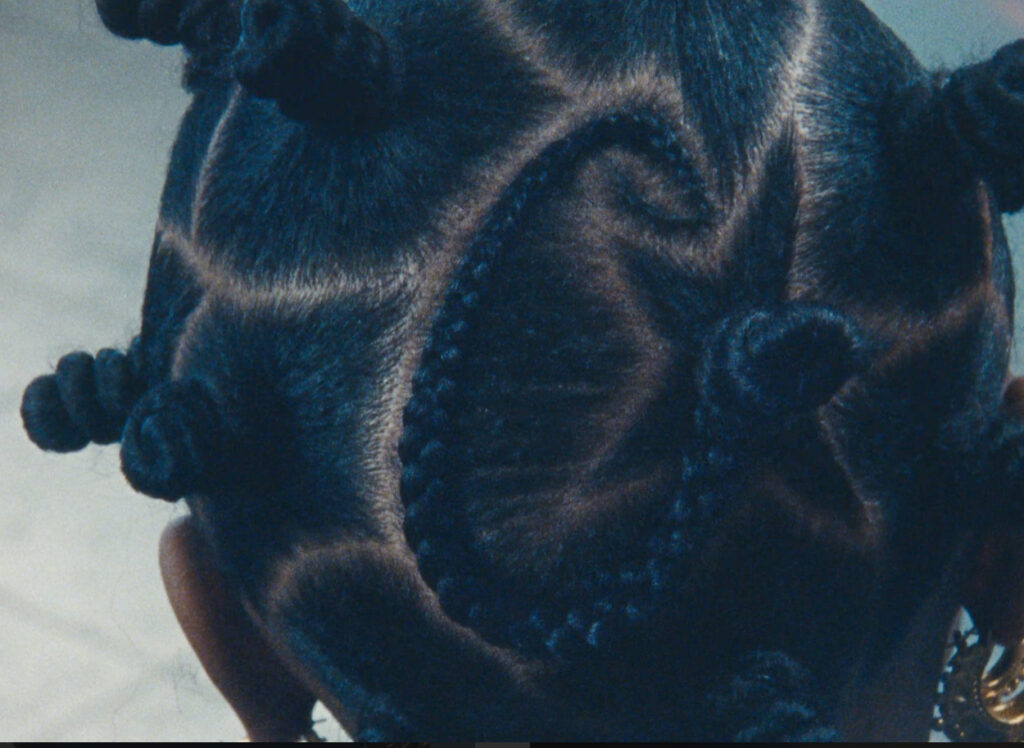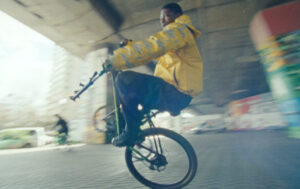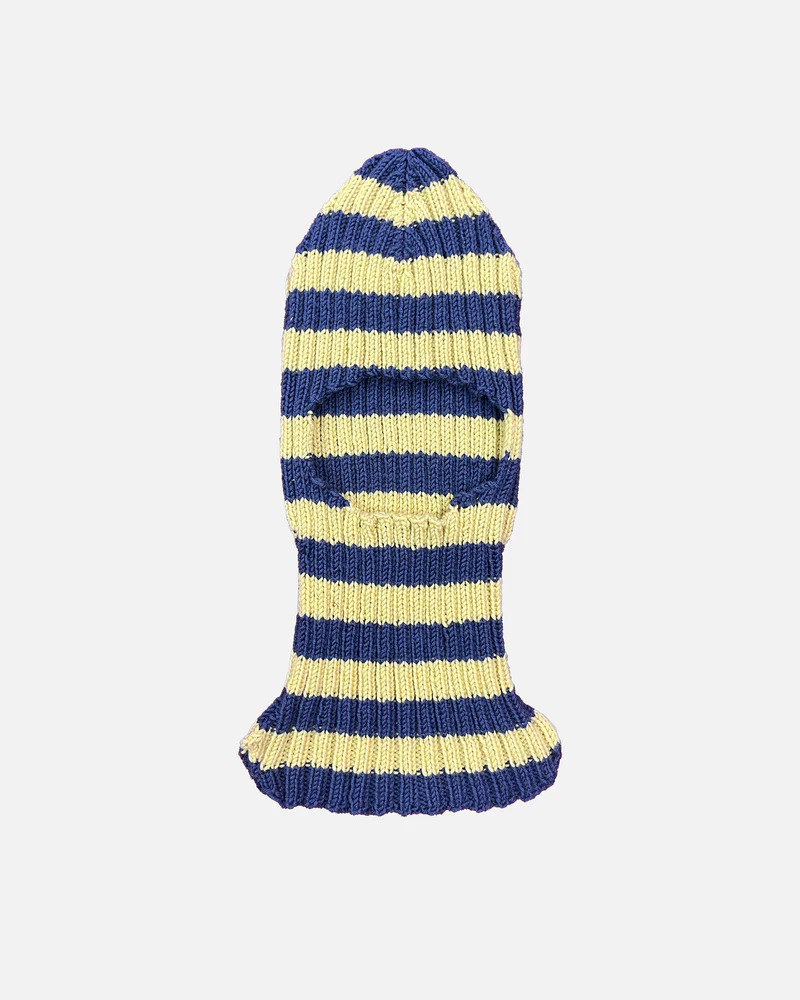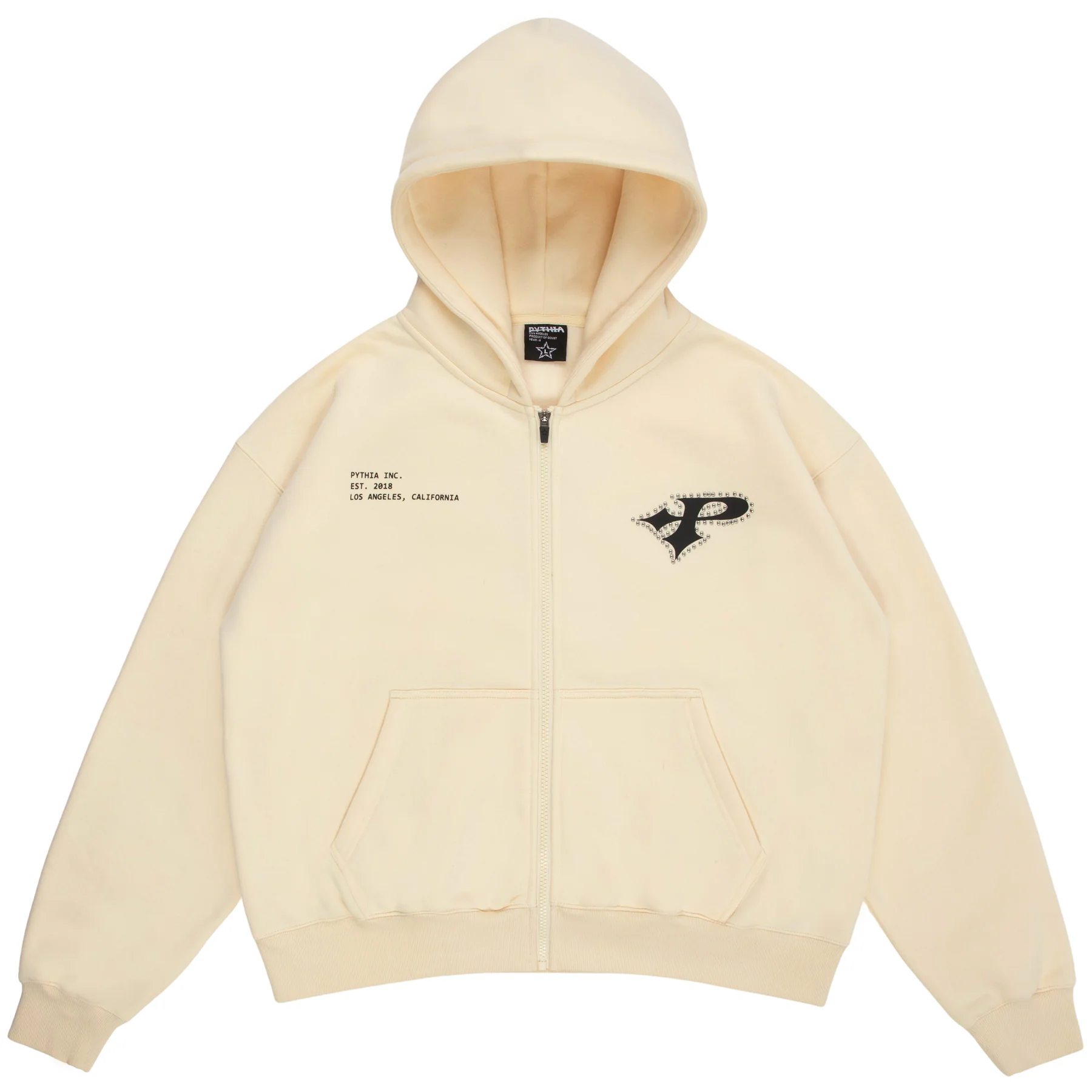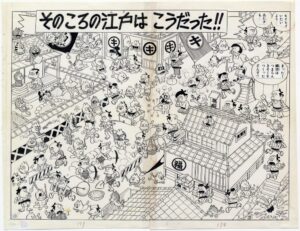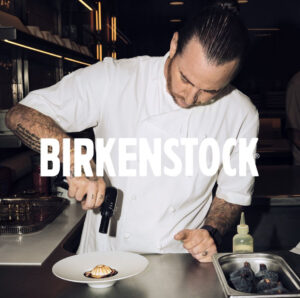
In a world of oversaturation and constant digital noise, the brands that stick are the ones that move differently. Corteiz—known for its anti-establishment energy, guerrilla marketing, and unapologetic dedication to London street culture—just dropped its latest power move: LUNDUN, a short film disguised as a sneaker commercial.
This isn’t your standard product plug. It’s a cinematic flex.
Timed ahead of the April 30th release of the Nike Air Max 95 “Honey Blacks,” LUNDUN arrives not as an ad, but a portrait of the city it draws from—gritty, proud, and impossible to fake.
A Film, Not a Campaign
From the jump, LUNDUN doesn’t play by the rules. Clocking in at just under four minutes, the film feels more like a love letter to London than a sneaker ad. There’s no heavy product focus. The shoes appear, sure—but they’re embedded in the context of real lives and real streets. No glossy filters, no performative diversity. Just Londoners doing what they do.
The film’s pacing is raw and deliberate. You’re taken through a series of vignettes: an underground boxing gym in Hackney, kids spraying tags across train carriages, nighttime rides on scooters through Lewisham. There’s the sharp crack of grime and drill beats between shots, layered over atmospheric sounds of the city—sirens, doors slamming, muffled arguments. Every frame screams: this is the real Lundun. No gloss, no PR fluff.
Faces of the Movement
What hits hardest is the cast. This isn’t a star-studded lineup parachuted in for clout. These are people who are the city.
Central Cee appears midway through the film, stepping out of a blacked-out cab on a dimly lit street. He doesn’t say a word. He doesn’t need to. He’s dressed in a Corteiz puffer, Honey Blacks laced up, nodding to a crew posted on a stairwell. It’s a blink-and-you-miss-it moment, but the presence is felt.
Then there’s Unknown T, standing in front of a tower block in Homerton, narrating a verse over the cityscape. His delivery isn’t polished—it’s honest. He speaks less like an artist and more like a documentarian, giving the viewer a sense of what the city does to people. How it shapes them. How it hardens them.
Slawn makes a cameo, mid-mural, paint-stained and bare-faced. Gabriel Moses shoots a still in real time. Brazili, known more on the underground circuit, paces behind a storefront, barking bars into a phone mic. Each figure isn’t just a participant—they’re part of Corteiz’s blueprint.
These aren’t just brand ambassadors. These are co-owners of the movement.
Corteiz: Beyond the Clothes
Founded by Clint419, Corteiz (often stylized as CRTZ) isn’t just a streetwear brand—it’s a philosophy. From the start, it positioned itself in opposition to the industry, flipping exclusivity on its head. Password-protected drops. Pop-up chaos. Global scavenger hunts. No influencers. No retail. Just energy and scarcity.
And it worked. Not because of artificial hype, but because people believed in it. Corteiz didn’t just sell clothes—it sold a story. And not a manufactured one. A lived one.
That same ethos bleeds through LUNDUN. This isn’t about selling the Air Max 95 “Honey Blacks” as much as it is about reinforcing a way of thinking. That the streets matter. That real people shape culture. That subcultures—once ignored or mocked—are the main event now.
In that sense, LUNDUN is more manifesto than marketing.
The Honey Blacks: A Symbol, Not Just a Shoe
The Air Max 95 has long been part of London’s street uniform. Its association with UK grime, terrace culture, and working-class cool runs deep. Corteiz didn’t just collaborate with Nike—they reasserted the shoe’s legacy.
The “Honey Blacks” are understated but loaded. Black mesh, golden honey suede overlays, minimal co-branding. It’s not flashy—it’s familiar. A nod to the 2000s, when the 95 reigned supreme on the feet of everyone from Tottenham to Croydon. Back then, the AM95 wasn’t a fashion statement—it was part of the uniform.
With Corteiz at the helm, the sneaker doesn’t just drop—it returns home.
Subculture Isn’t a Trend. It’s the Source.
Mainstream fashion has been mining subcultures for years. But most of the time, it’s extractive. Surface-level aesthetics, stripped of context, sold back to consumers at inflated prices.
Corteiz has flipped that. Instead of borrowing from subcultures, it’s rooted in them. And in LUNDUN, that loyalty shows. You see nods to jungle and drum & bass. You catch visual references to pirate radio and council estates. There’s an intentional grit to the cinematography—handheld shots, tight corners, faces half-lit by convenience store fluorescents.
It’s not trying to romanticize poverty or dramatize the streets. It’s saying: this is where it started. And we’re not cleaning it up to make it easier to swallow.
Community Over Clout
One thing that stands out in LUNDUN is who isn’t there. No high-fashion crossovers. No global celebrities flown in for attention. No stylists curating looks for Instagram.
Instead, it’s the community that’s front and center. Real Londoners. Some recognizable, most not. Kids on bikes, corner shop uncles, aunties at bus stops. It’s messy, loud, beautiful. And more than that—it’s authentic.
That’s what makes Corteiz different. It doesn’t try to represent the culture. It is the culture. And with every drop, every film, every guerilla stunt, it reminds the world: authenticity can’t be outsourced.
Why It Matters
In 2025, “authenticity” is a buzzword. Brands chase it. Agencies try to manufacture it. But it rarely sticks, because people can smell the fake.
Corteiz isn’t trying to be authentic. It just is. That’s what LUNDUN proves. It’s not a carefully engineered campaign. It’s a document. A reminder. That in a city constantly changing, there are constants—music, art, struggle, resilience.
LUNDUN isn’t just about the Nike collab. It’s about the city that built Corteiz. And the people who make that city what it is.
Looking Forward
As the drop date for the Honey Blacks nears, the hype is undeniable. But this moment isn’t about scarcity or resale prices. It’s about impact.
Corteiz has managed to do what few brands can: stay true to its roots while expanding its reach. By grounding itself in real culture—not just fashion trends—it’s set a new standard.
With LUNDUN, the message is clear: this isn’t just about clothes. It’s about claiming space. Owning narrative. Celebrating what the world often tries to overlook.
So whether or not you manage to cop the Honey Blacks on April 30th, the real win is watching a brand like Corteiz continue to do it their way. No apologies. No compromises.
No comments yet.

